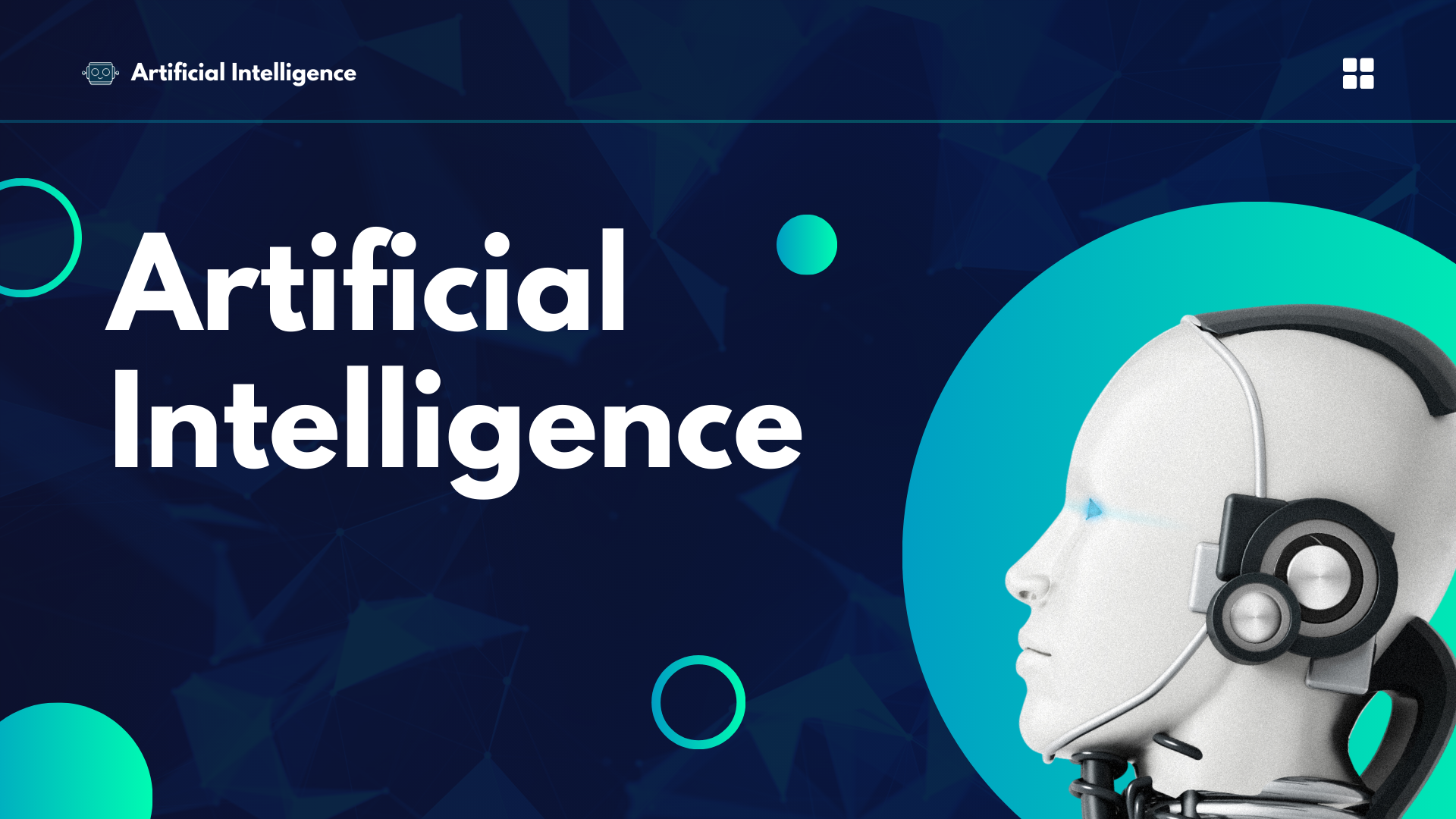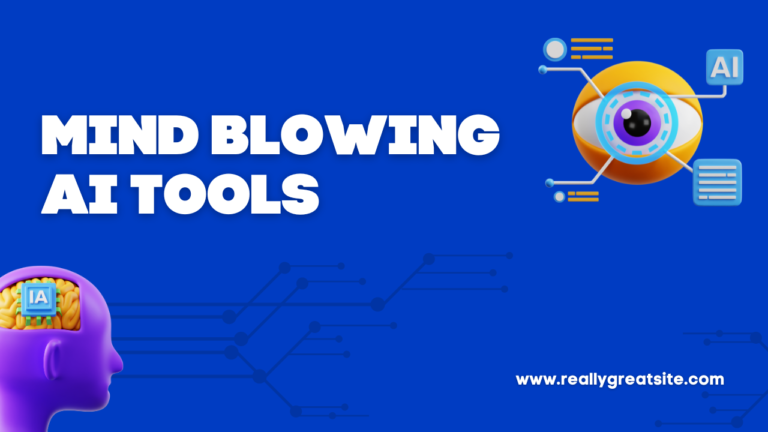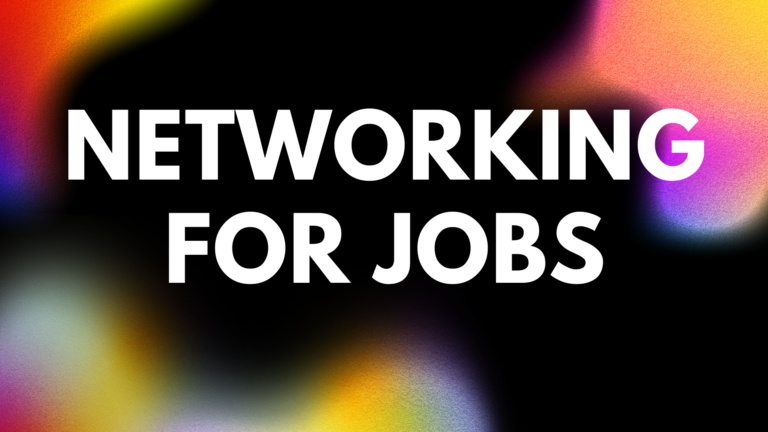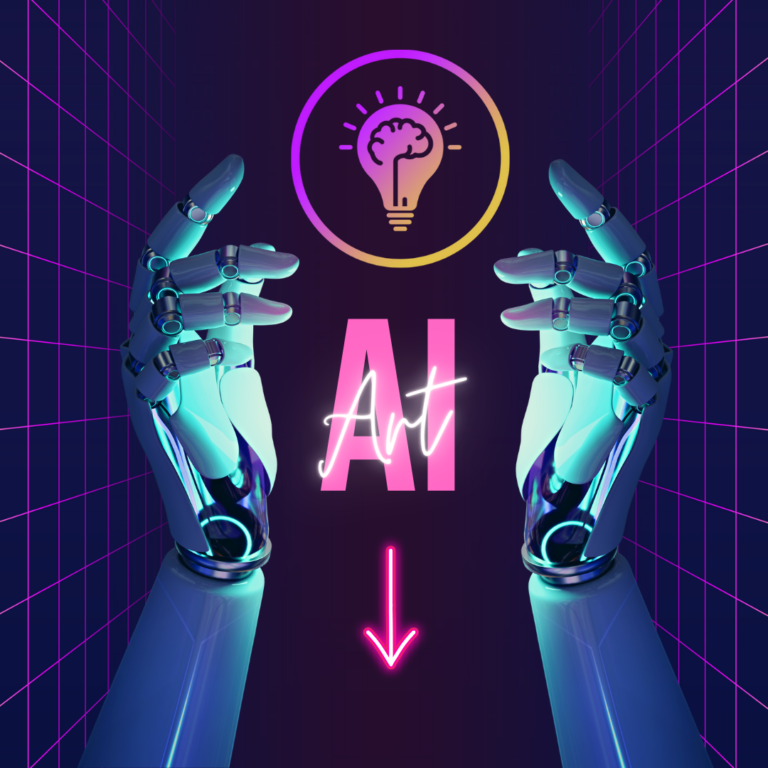Career guidance for students to learn AI
A Comprehensive Guide for Students to Learn Artificial Intelligence (AI) and Build a Career in It
Artificial Intelligence (AI) is one of the most transformative technologies of our time. From healthcare to entertainment, AI is shaping industries and creating new career opportunities. For students, learning AI is not just a path to future-proof their careers but also an opportunity to be part of groundbreaking innovations.
If you’re a student wondering how to start your AI journey and build a career in this exciting field, this guide will walk you through the essential steps and strategies.
Why Choose AI as a Career?
AI is more than just a buzzword—it’s a field with immense growth potential. Here are some reasons why students should consider learning AI:
- High Demand for Skills
AI is driving innovation in industries such as healthcare, finance, e-commerce, and manufacturing. This has created a huge demand for skilled AI professionals, ranging from data scientists and machine learning engineers to AI researchers. - Lucrative Salaries
Professionals with expertise in AI enjoy competitive salaries. Roles such as AI engineers and data scientists are consistently ranked among the highest-paying tech jobs. - Versatile Applications
AI is not limited to tech companies. It plays a crucial role in areas like personalized learning, autonomous vehicles, virtual assistants, and smart cities, making it a versatile skill for diverse career paths. - Impactful Work
AI professionals work on solving real-world problems, from improving medical diagnoses to enhancing sustainability. This makes it a fulfilling career choice for students driven by purpose.
Steps to Start Learning AI
- Understand the Basics
Before diving deep into AI, it’s essential to have a strong foundation in related disciplines. Focus on:- Mathematics: Topics such as linear algebra, calculus, probability, and statistics are critical for understanding AI algorithms.
- Programming: Learn programming languages like Python, which is widely used in AI development.
- Computer Science Fundamentals: Gain knowledge of data structures, algorithms, and databases.
- Learn Programming for AI
Python is the go-to language for AI development due to its simplicity and extensive libraries. Some key libraries include:- NumPy: For numerical computations.
- Pandas: For data manipulation.
- TensorFlow and PyTorch: For building machine learning models.
- Scikit-learn: For machine learning algorithms.
- Explore AI Concepts
Once you’ve mastered the basics, start learning core AI concepts such as:- Machine Learning (ML): Understand supervised, unsupervised, and reinforcement learning.
- Deep Learning: Learn about neural networks, convolutional neural networks (CNNs), and recurrent neural networks (RNNs).
- Natural Language Processing (NLP): Focus on how machines understand and process human language.
- Computer Vision: Study how machines interpret visual data like images and videos.
- Take Online Courses and Certifications
Numerous online platforms offer AI courses tailored for beginners and advanced learners. Some popular options include:- Coursera: Offers courses like Andrew Ng’s “Machine Learning” and “AI For Everyone.”
- edX: Provides programs from top universities such as MIT and Harvard.
- Udemy: Offers affordable AI and ML courses for students.
- Kaggle: An excellent platform for hands-on projects and competitions.
- Work on AI Projects
Practical experience is vital to mastering AI. Start with beginner-friendly projects like:- Building a chatbot.
- Developing a recommendation system (e.g., for movies or products).
- Creating a sentiment analysis tool for social media.
As you progress, work on more complex projects that solve real-world problems. Document your work and share it on GitHub to showcase your skills to potential employers.
Building a Career in AI
- Choose a Specialization
AI offers various career paths. Some popular roles include:- Data Scientist: Focus on analyzing and interpreting complex data.
- Machine Learning Engineer: Develop and deploy ML models.
- AI Researcher: Advance the field by developing new algorithms.
- AI Product Manager: Oversee AI-powered product development.
- Robotics Engineer: Design AI systems for robotics applications.
Choose a specialization based on your interests and strengths.
- Pursue Advanced Education (Optional)
While self-learning is possible, pursuing a degree or certification in AI can provide a competitive edge. Consider programs like:- Bachelor’s or Master’s in Computer Science or Data Science with a focus on AI.
- Specialized certifications from platforms like Google AI, Microsoft AI, or IBM Watson.
- Build a Portfolio
A strong portfolio showcasing your AI projects is crucial for landing jobs or internships. Include:- Well-documented projects with a clear explanation of your contributions.
- Visualizations and results to demonstrate the impact of your work.
- Links to your GitHub profile or personal website.
- Network in the AI Community
Join AI-focused communities, forums, and social media groups. Participate in hackathons, attend AI conferences, and connect with professionals on LinkedIn. Networking can lead to mentorship opportunities and job referrals. - Apply for Internships
Gain practical experience by applying for internships in AI-focused companies. Internships help you learn industry practices, build connections, and enhance your resume.
Future Trends in AI Careers
AI is a rapidly evolving field, and staying updated is critical. Keep an eye on emerging trends such as:
- Generative AI: Tools like ChatGPT and DALL-E are driving innovations in content creation.
- Edge AI: AI applications in devices with limited computational power, like smartphones.
- Explainable AI: Developing transparent AI systems for ethical decision-making.
- AI Ethics: Ensuring AI systems are fair, accountable, and aligned with societal values.
By staying informed about these trends, students can align their learning and skills with future industry demands.
Conclusion
For students aspiring to build a career in AI, the journey begins with learning foundational concepts and gradually advancing to specialized skills. With the right mindset, resources, and practical experience, students can unlock a world of opportunities in this fast-growing field.
Artificial Intelligence is not just a career choice—it’s a chance to contribute to technologies that will shape the future. Start your AI journey today, and position yourself at the forefront of innovation.








